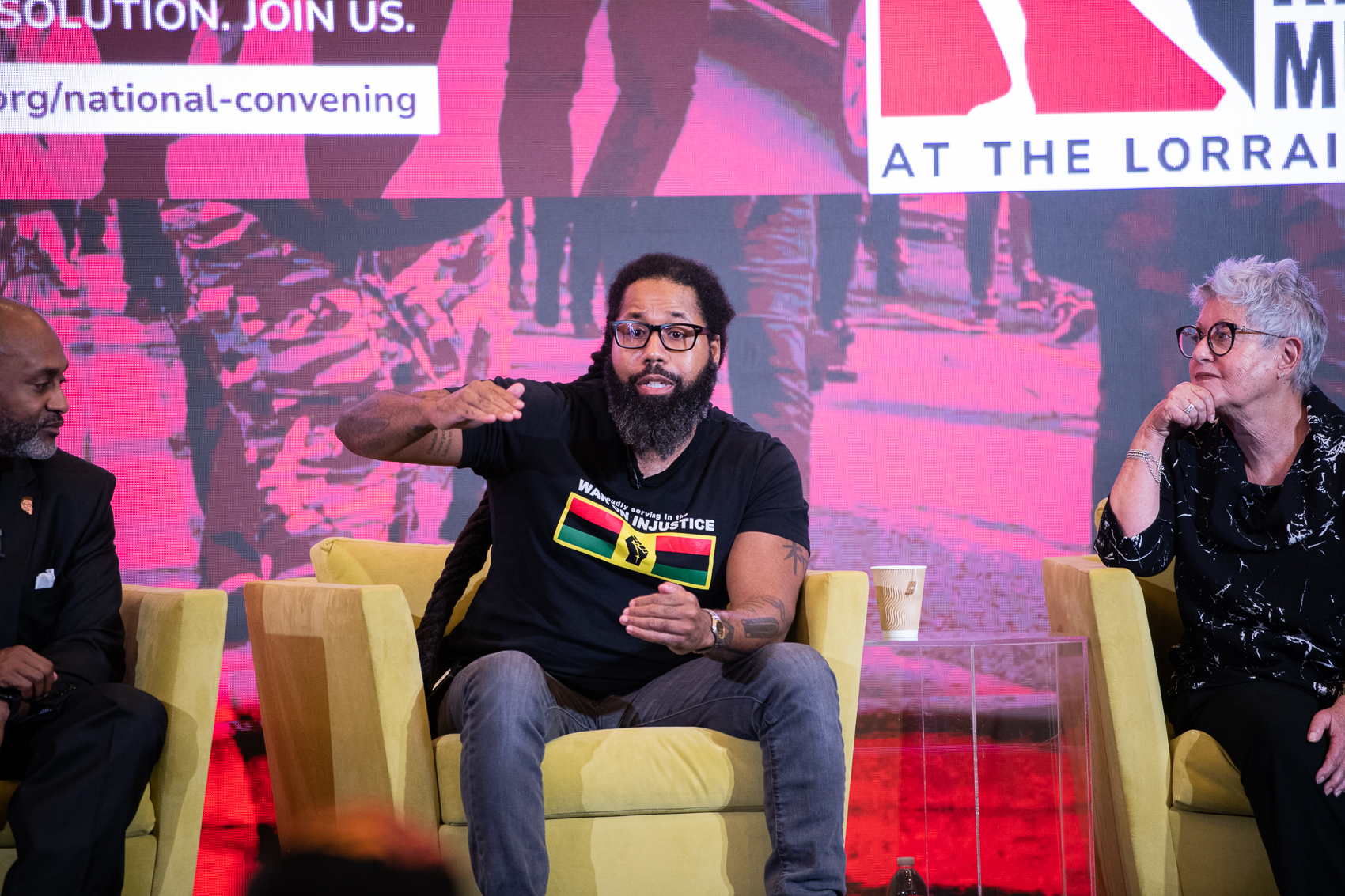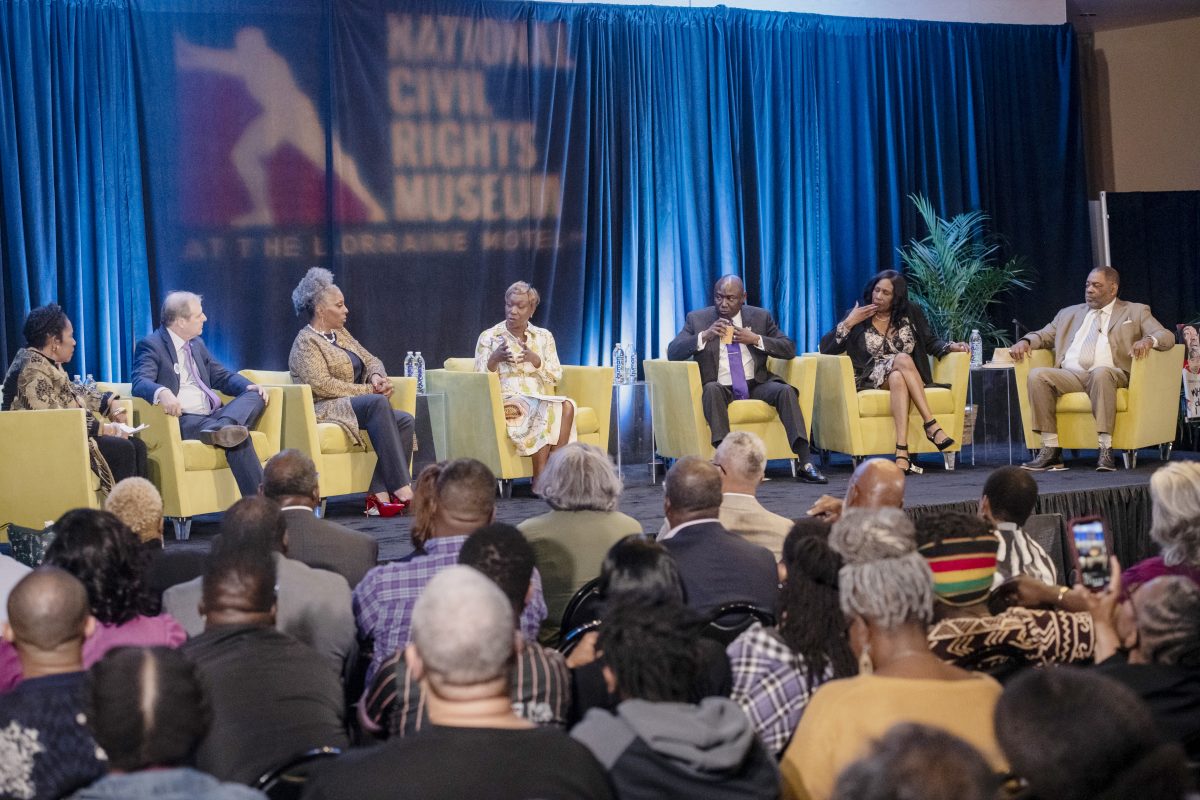The National Civil Rights Museum will host the fourth and final national convening, entitled “The Resilience: Combatting Police Violence through Policy and Public Safety,” on March 22, 2024, from 9 a.m. to 2 p.m. at the Renasant Convention Center. As part of “The Reckoning, The Resolve, The Restoration, and The Resilience” series, the museum brings together thought leaders, policymakers, surviving families, and activists to examine the historical connections of systemic racial violence and find solutions for today’s challenges.
“The Resilience symposium is the apex of collaboration among thought leaders and activists whose commitment to public safety, justice, and dignity are born out of love for our communities,” said Museum President, Dr. Russ Wigginton. “Through tough conversations, smart strategies, and ultimate determination, we are destined to build a better world for our children, but we must begin now.”
During the symposium, participants will offer strategies and solutions to tackle police violence through policy-driven, community-led, and trauma-informed alternatives to traditional public safety methods. The event includes an opening panel, facilitated sessions, and a lunch roundtable discussion.
The event format includes:
- Opening Panel – From Pain to Purpose: The Courageous Activism of Police Violence Victims. The panel includes Rodney and RowVaughn Wells, parents of Tyre Nichols; Sybrina Fulton, mother of Trayvon Martin; Gwen Carr, mother of Eric Garner; Philonise Floyd, brother of George Floyd. CNN political commentator and author, Symone Sanders Townsend, is the panel moderator.
- Facilitated Session I – Enhancing Public Safety through Community-Led & Trauma-Informed Alternatives. This session is led by Eric Cumberbatch of the Center for Policy Equity in New York City. His extensive portfolio of work is focused on undoing the impact of white supremacy in Black communities and placing power in the hands of the most vulnerable people.
- Facilitated Session II – Advocating for Police Reform through Effective Policy Solutions. This session is facilitated by Rashawn Ray, professor, author, senior fellow at the Brookings Institution, and executive director of the AIR Equity Initiative which collaboratively focuses on developing strategies to mitigate the harm caused by segregated communities with emphasis on education, workforce, safety, and health equity.
- Lunch Roundtable – Ending Police Violence: Strategies for Cross-Sector Collaboration. The luncheon panel includes Derrick Johnson, National President of NAACP, Raumesh Akbari, Tennessee State Senator, and is moderated by Symone Sanders Townsend.
“In the face of adversity, resilience is not merely enduring; it’s about standing firm, adapting, and advocating for change. It’s the unwavering commitment to justice, the courage to confront systemic issues, and the determination to build a safer and more equitable future for all,” said Veda Ajamu, Managing Director, DEI Programs and Community Engagement.
The museum has launched this collaborative effort to include a broad spectrum of citizens from many disciplines, industries, and roles to root out the causes at a systemic level. National and local leaders committed to seeing change in their communities and enhancing relationships between citizens and law enforcement are strongly encouraged to attend.
The four-part, national convening series — The Reckoning, The Resolve, The Reconciliation, and The Resilience — is made possible by the support of FedEx, Cummins, and The Kresge Foundation. For tickets and more information, visit civilrightsmuseum.org.

This article is sponsored by National Civil Rights Museum.
